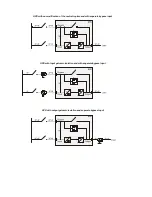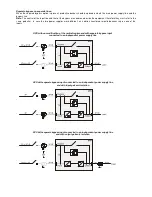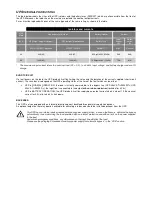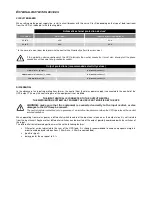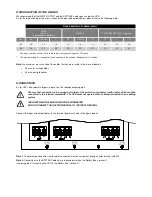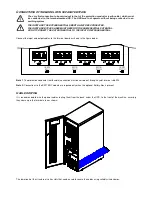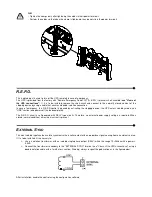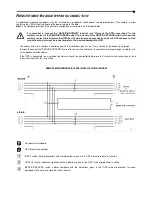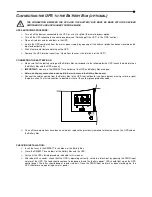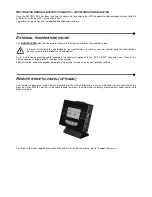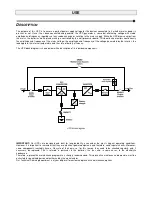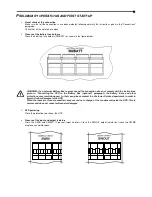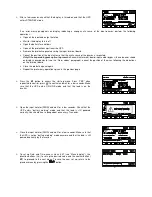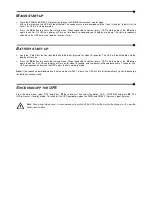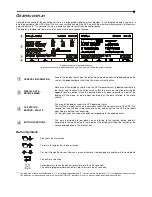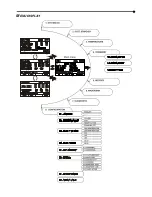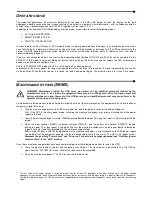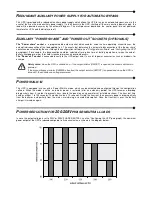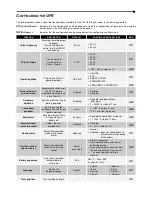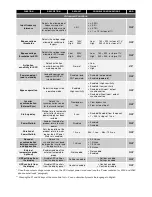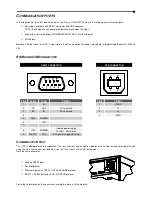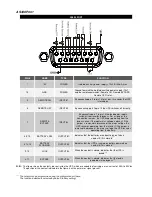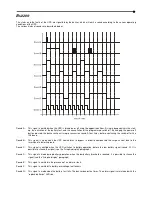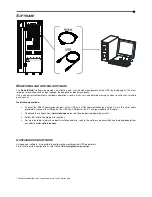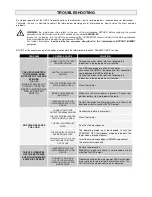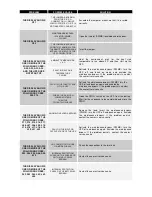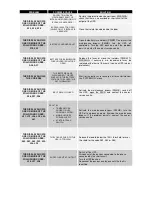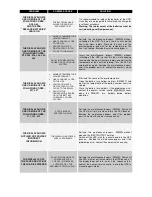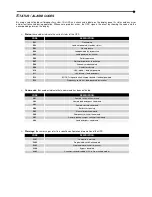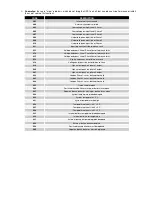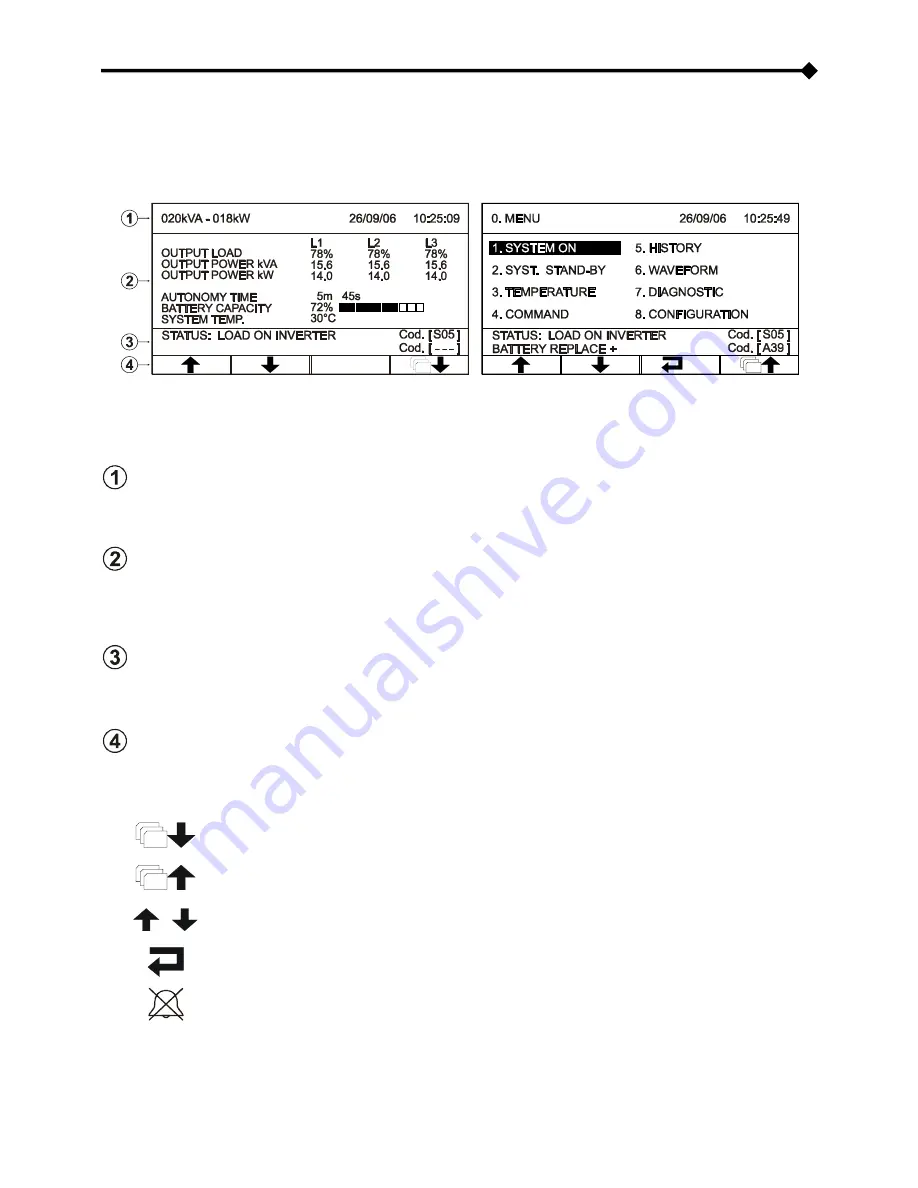
G
RAPHIC DISPLAY
Located at the centre of the control panel there is a large graphic display, which provides, in the foreground and in real-time, a
detailed overview of the UPS status. The user can switch on and off the UPS, consult the electrical measurements of the mains,
output, battery etc.
(1)
, and make the main machine settings directly from the control panel.
The display is divided into four main areas, each with its own specific function.
Sample screens of the graphic display
(these screens are for indicative purpose only, and may not reflect the actual situation)
GENERAL INFORMATION
Area of the display that shows the date and time permanently, and, depending on the
screen, the page number or the title of the menu currently active.
DISPLAY DATA /
BROWSE MENU
Main area of the display used to view the UPS measurements (updated constantly in
real-time), and to consult the various menus that the user can select by pressing the
apposite function button. Once the desired menu has been selected, this part of the
display will show one or more pages containing all the data referred to the menu
chosen.
UPS STATUS /
ERRORS - FAULTS
This area of the display shows the UPS operating status.
The first line is always active and constantly shows the current status of the UPS. The
second line is active only in presence of an error and/or fault on the UPS, and shows
what kind of error/fault has occurred.
On the right, each line shows the code corresponding to the ongoing event.
BUTTON FUNCTIONS
This area is divided into four boxes, each referring to the function button below it.
According to the menu active in that moment, the display will show the function of the
corresponding button in the relevant box.
Button Symbols
To access the main menu
To return to the previous menu or screen
To scroll through the various items on a menu or to move from one page to another while viewing data
To confirm a selection
To temporarily silence the buzzer (press for more than 0.5 seconds).
To cancel a programmed switch-on/off (press for more than 2 seconds)
(1)
The precision of these measurements is: 1% for voltage measurements, 3% for current measurements, 0.1% for frequency measurements.
The indication of the autonomy time left is a mere ESTIMATE; therefore, it is not to be considered a perfectly accurate tool.

